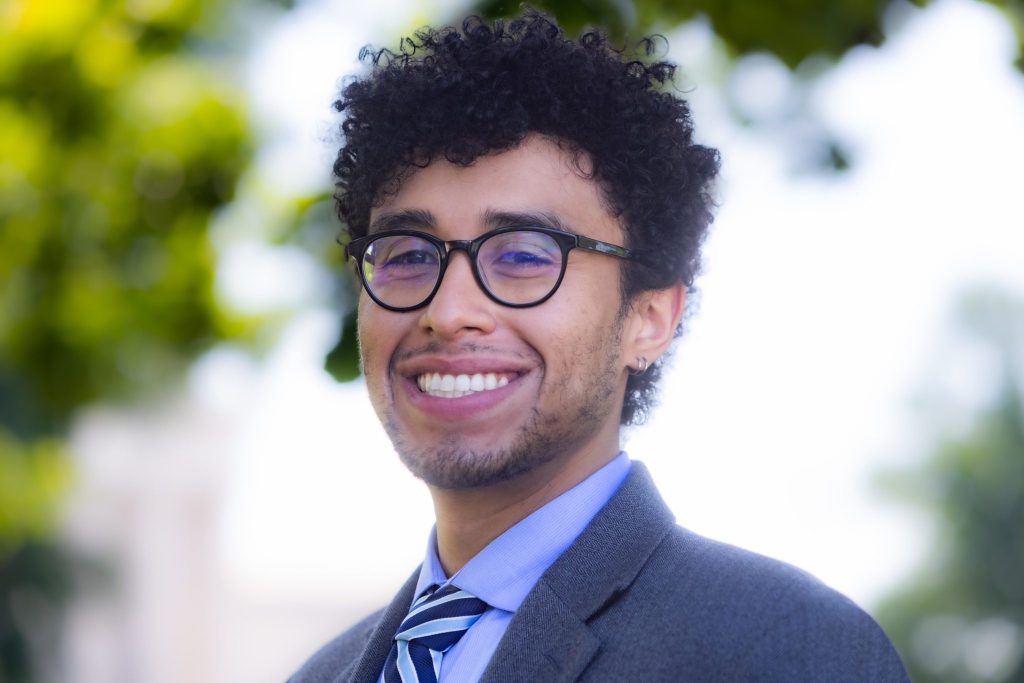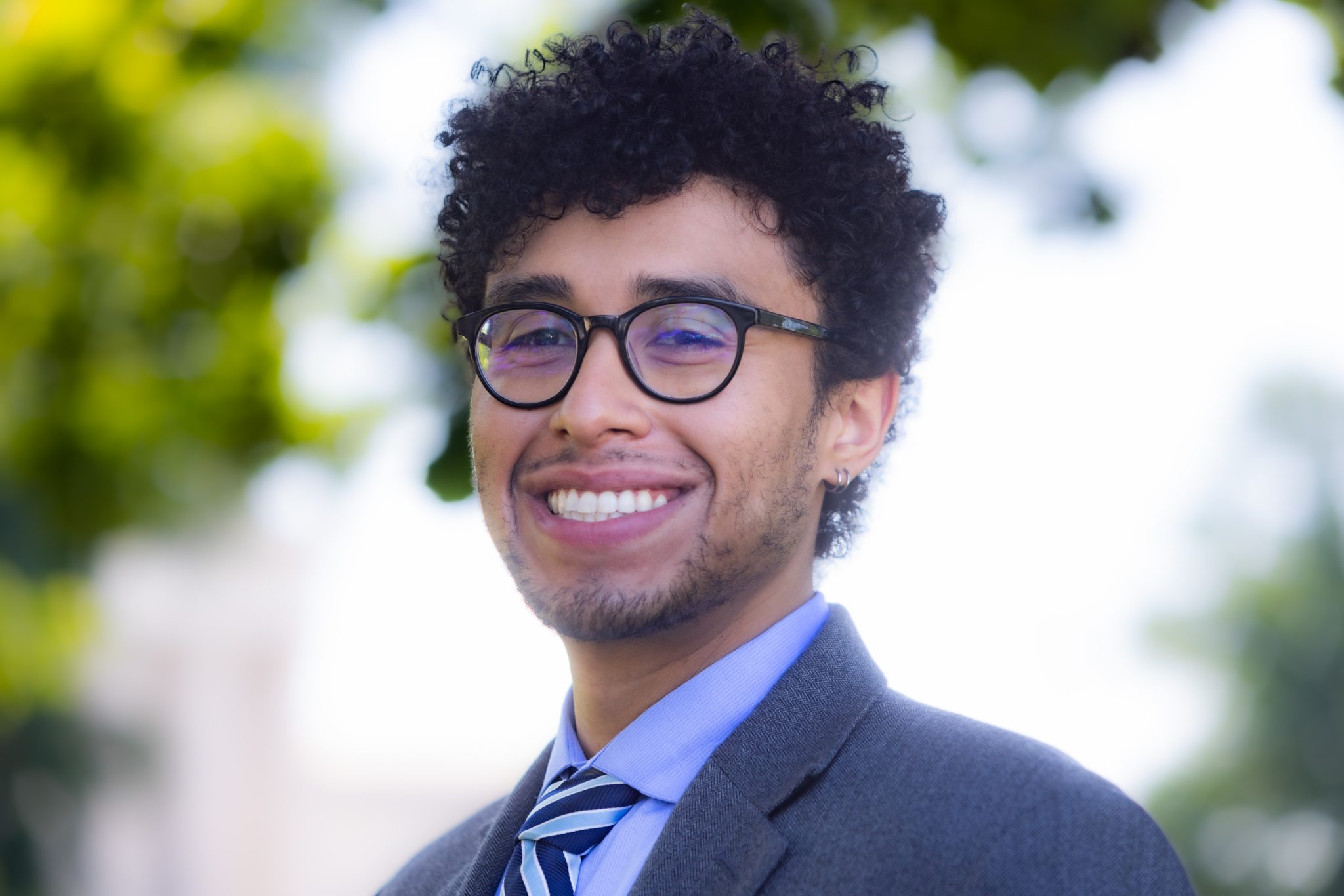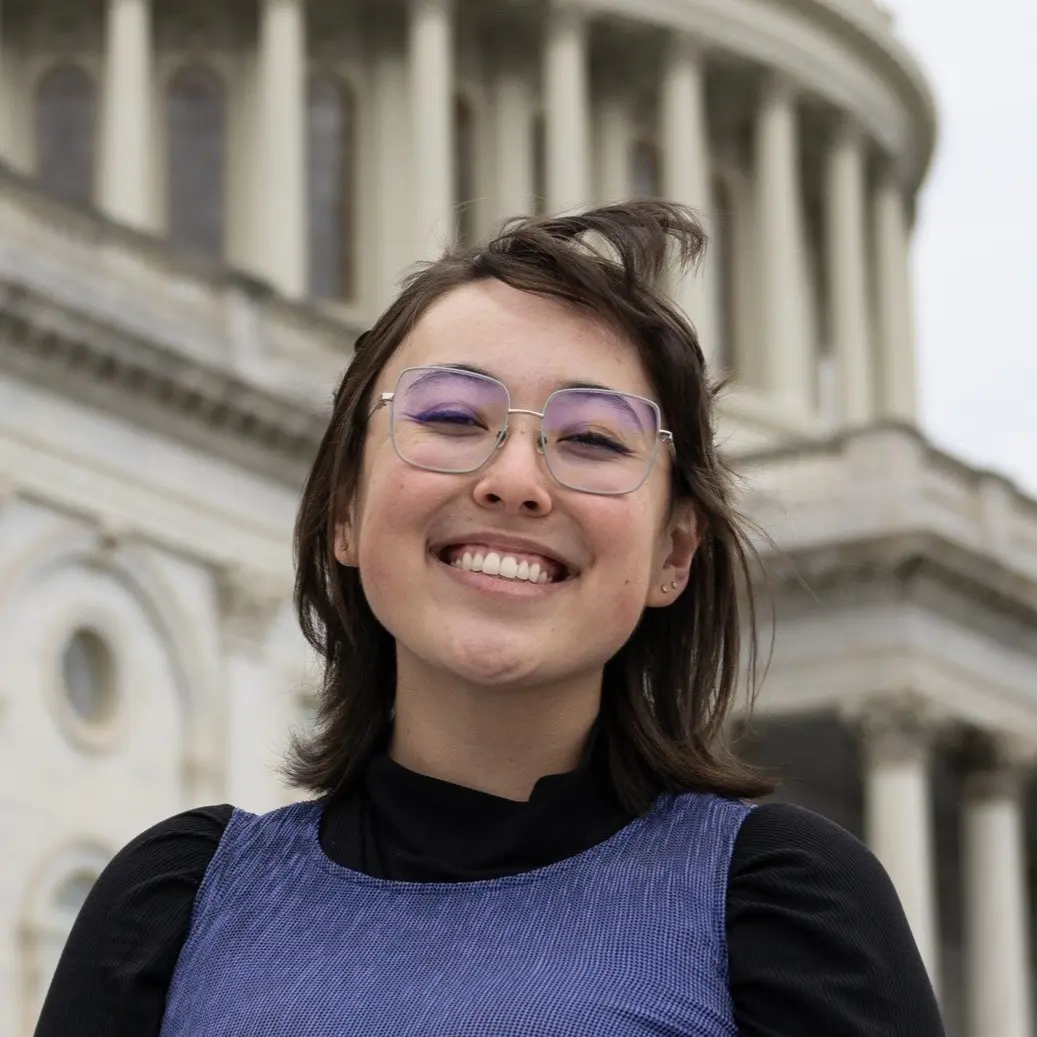
OUT ON THE HILL is the official blog of the Victory Congressional Interns. Views expressed do not necessarily reflect those of LGBTQ Victory Institute. Learn more about the internship at victoryinstitute.org/vci.
———————————–
As this program ends, I begin another transition. A few weeks ago, I graduated from Georgetown University and began this immersive internship, ready for whatever unfolded. Before starting, I hoped that this program would help me figure out where I wanted to situate myself after college. Was Capitol Hill a place I wanted to work? Was the advocacy and policy work I wanted to do taking place on the Hill? Did this work make me happy?
After eight weeks, I have some answers to these questions. I am grateful for the Victory Congressional Internship because it helped me begin to chart my own path, especially with the help of my mentors. The program matched each intern with a few different mentors. These individuals work in the federal government, non-profits, and other organizations, offering interns different perspectives on social change and queer representation. Having different mentors was wonderful because they all approach their work proudly as queer individuals, something that I am learning to do. It is inspirational to see how their queerness actively informs their work and keeps them grounded.
In Washington, D.C., you will often hear “it’s about who you know.” This is an intimidating statement, especially working in an environment where who you know may secure you a second round interview. It is worrisome that so much of the hiring process on Capitol Hill is based on who you know and who can vouch for you. Yes, it is important that qualified people fill these positions, but this nepotism maintains barriers for a variety of different communities, reinforcing this idea that their voices do not belong in these spaces.
One thing that I have noticed after countless coffee chats is that other queer folks and people of color are the ones offering me opportunities, connecting me with someone, or passing along important information. For example, one of my mentors connected me with someone at a non-profit I have been wanting to intern at, which opened the door to a conversation about ways to get involved. Additionally, someone from my Representative’s district office passed along information on fellowships and internships that aligned with my policy interests, which has helped me narrow down where I wanted to work after the program ends.
Capitol Hill is not all bad. There are a lot of good people doing good work in an environment that actively works against them. Throughout the program, I found that building community on Capitol Hill was difficult, but there are a variety of congressional organizations, staffers, and interns who have helped me find and cultivate spaces for myself. For example, my office supervisor has been instrumental in providing job opportunities on the Hill and ensuring that other staffers in the office are here to help with applications. As an intern looking to potentially transition to a non-intern position, it has been incredibly helpful to have people in my corner, especially people of color, who understand the realities of working in DC and the demands of navigating these spaces.
I am ready for this next transition and new chapter. I have deepened my knowledge of queer history and the roles that I could play in creating positive social change for the entire LGBTQ+ community. I have been inspired by our different panelists and mentors who have kindly instilled a necessary sense of urgency in my spirit. There is so much work to be done. I am ready to get started.

